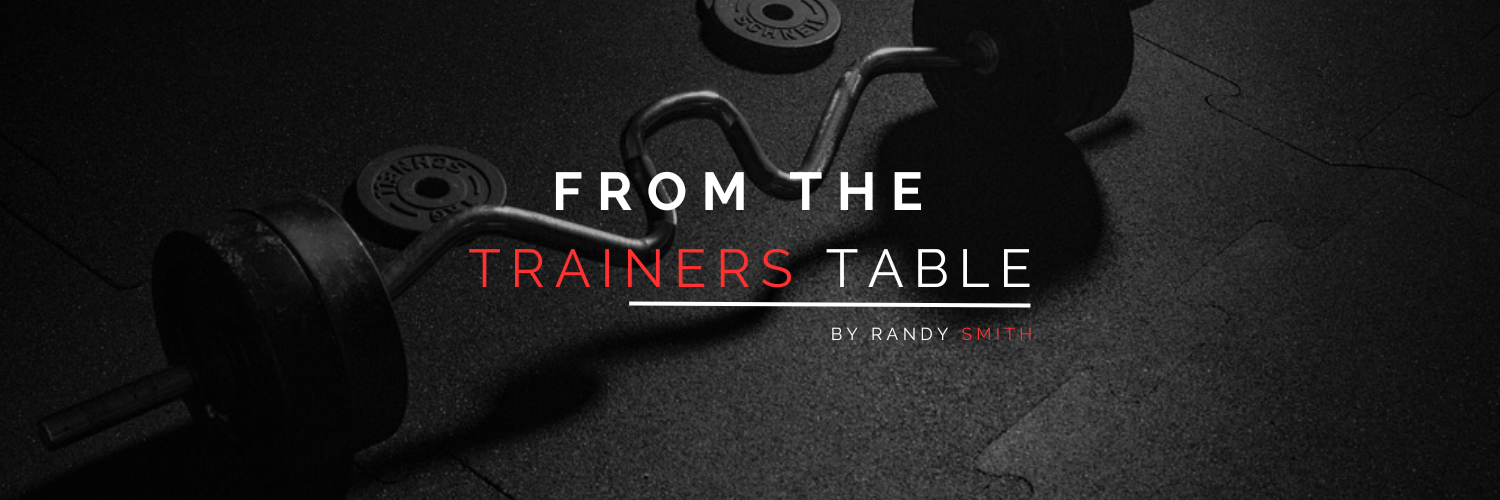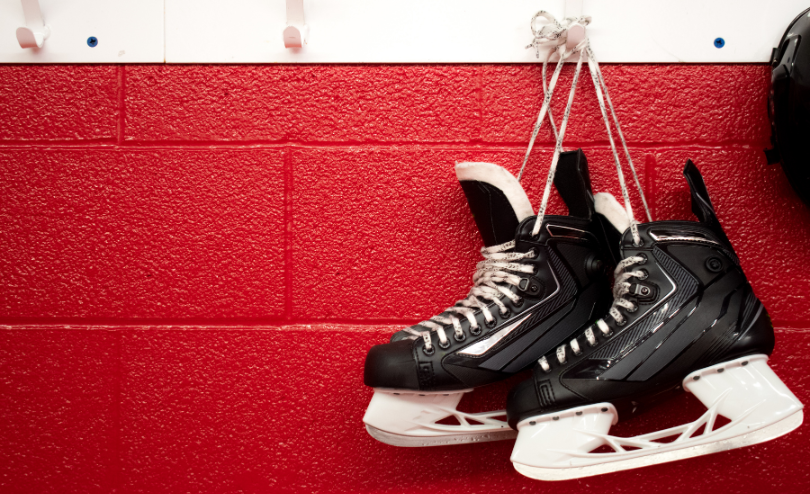During my time as a personal trainer, I have trained many young athletes from a variety of different sports. From football to track and field countless young athletes are fiercely dedicated to pursuing athletic excellence. However, in my 30+ years of experience, there is one sport that this commitment and dedication from not only the athletes, but their parents, stands apart from the rest. I think more than any other sport, hockey is the one that parents really push their children, from an increasingly young age, to pursue and excel at.
Many parents believe that if their son or daughter isn’t on the ice 4 to 5 times a week, year-round, they will fall behind their piers. So, they put immense pressure on their children to train year-round with few breaks. But while the child may be dedicated to being the best, this focus on ice-time may be damaging to the long-term athletic development of the child.
Hockey is an expensive sport and to excel, it requires a high level of dedication and passion. Justifiably so, parents want to make sure their son or daughter is committed to playing the entire season, and to put in the work year-round. Typically, the hockey season starts in late august with training and conditioning camps. From these camps they move on to exhibition games, and then right into the regular season. The season runs until the end of February with a break around Christmas. After this break, the new year is once again packed with practices, games, tournaments and hopefully, if their team did a good enough job, they make it to the play-offs and extend the season until the end of April.
Sounds exhausting? Yes, it is. A long hockey season is incredibly demanding. Then, mix in the flu season, along with a cold winter and school on top and it can make for a very mentally and physically exhausting, season. But as a parent of a young athlete, there are many ways to ensure that your child remains at peak condition while not overworking them in ways that provide no benefit and can even negatively impact their long-term athletic career.
One example of this overworking is the short Christmas break during the season. This time presents a great opportunity for young athletes to get off their skates, give those muscles a break, rest their minds and get that hunger back for the game. It is also a great time to get into the gym for a couple of days to do some mobility work and give those skating muscles a rest from overuse. Instead of using that time wisely, some well intentioned parents will get their children into private skates to give them an edge over their piers. This added training, however, can have negative impacts on the long-term career of the child, setting them up for overuse injuries, burnout, and a loss of passion for the game once the season starts up again.
So, lets talk about the importance of off-time and the off-season and how this time can be best utilized for the benefit of a young athlete and their career. Off-time, such as the short Christmas break is a time you want to be off your skates, and during the off-season, you will want to be off your skates for at least one month. This is enough time to get that hunger back for the game. You will only want to skate once a week, and during these sessions, you will want to just want to focus on getting a smooth stride. But parents, do not worry, time off the ice is not holding your child back, in fact, it is an opportunity to increase their athletic abilities overall which will in turn, improve their game.
The off-season is the time to get back into the gym to start working on getting strong and getting that mobility back, working on conditioning and explosiveness. It’s also a time to do some other sports, to work on their athleticism and find pressure-free enjoyment in sport and exercise. Some parents, however, are under the impression that off-time will lead to their child falling behind. Thy will elect to place their children into spring and summer hockey leagues, putting the child back into the cycle of games and practices providing no off-ice time. This year-round cycle is what often leads to burn out and injuries. A lot of young players will burn out before they realize just how far they could have gone in the sport.
While many parents feel their children will be left behind if they don’t specialize early and play hockey all year around, their well-intentioned push to increase ice-time may be counterproductive to long term athletic goals. In fact, here are some eye-opening statistics that these parents and young athletes should see:
The NHL and the NHLPA conducted a survey in 2018 that shed some light on the long-term development of players.
-98% of NHL players participated in a sport other than hockey from the ages of 5-14
-Nearly 80% of NHL players continued playing other sports during the ages of 15-18.
– The average NHL player began skating and playing hockey after the age of 4, and they did not specialize in hockey, until after the age of
14. The average age of specialization was not until the age of 16 years old.
Early specialization vs LTAD (Long-Term Athlete Development) parents and coaches should not be in a rush to specialize their young children into hockey. They need a good base of athleticism before anything else. As a hockey coach, you are trying to develop your athletes at the youngest age, 6-9 years old to have good agility, balance and coordination. These are traits that transfer to all sports. These principals support physical literacy, a key component to developing healthy, resilient active children who can reach their full potential. Above all, parents need to remember that their young athletes are not just future pros, they are children. They need time to explore different avenues of sport and find enjoyment in physical exercise and grow their passion for hockey on their own terms. A foundation that encourages a young hockey player to explore different sports and partake in off-ice physical training and exercise will have a greater impact on the long-term development of their athletic career over one that solely limits them to ice-time and no other time or opportunity to engage in other sports and exercise. So, in conclusion, parents don’t be afraid to give your young hockey player some time off their skates and away from the game. Grow their passion for the game through a balanced lifestyle of exercise and alternative physical activities and sports. Trust me, they will be better for it in the long run.

